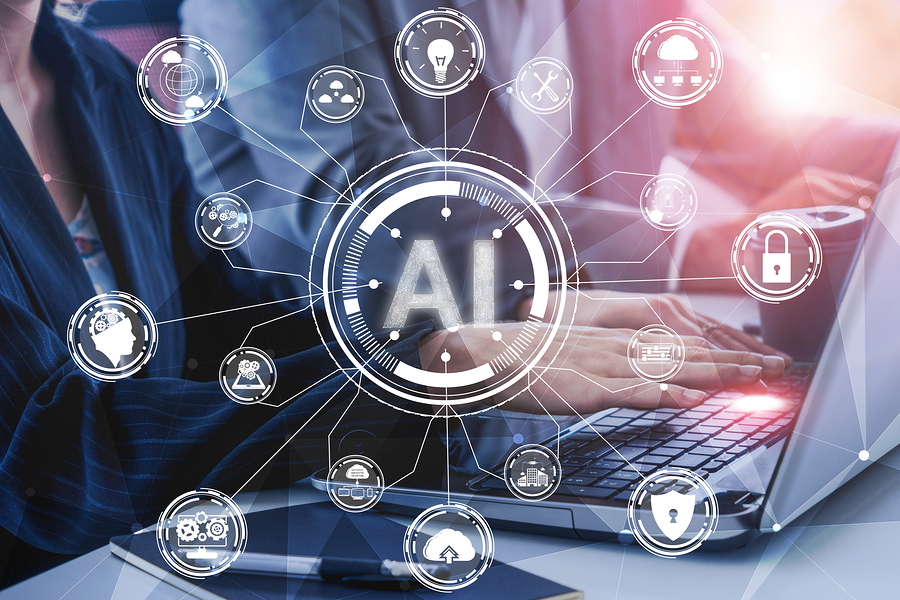Thanks to decades of sci-fi books and movies, most of us have a basic grasp of artificial intelligence (AI). But do you really know what it is and how it works? How about machine learning? And how are the two connected?
First, let’s look at the difference between the two. Artificial intelligence is a broad concept of a machine being able to carry out a task in such a way that we deem it “smart.” On the other hand, machine learning is taking that artificial intelligence and providing the machine with data to “learn” on its own. While these both might still sound a little Star Trek-y to you, it’s actually smart to understand the basics of each so you can apply them to your business for improved productivity. Let’s take a look.
Unbiased Insights for Forecasting and Decision-Making
Most ERP systems provide real-time information that can be used to assess inventory turnover, financial health, or other important aspects of your business. What they can’t tell you is when inventory levels are running low and big orders are on the horizon. You’ll need to make snap decisions based on the information at hand whether to order more supplies or wait until the order closes.
That’s where AI and ML systems come into play. These systems work together to provide complex information in one place for faster, better decision making.
Machine learning, for example, can gather routine data on a preset schedule so you can have advance warning of big sales closing or low levels of essential supplies. AI automates complex processes and identifies future trends based on historical data. Best of all, these machine-based queries and insights are unbiased; This allows the systems to offer predictive intelligence that just continues to get better over time.
Better Together: Acumatica Accounting and AI
An accounting program alone provides data that helps companies manage their business. A simple accounting program, for example, offers information on the current bank balances, accounts receivable, and accounts payable. It handles and processes basic data to perform functions that save a business owner time and effort. But the average CFO must still sort through multiple sources of data to find what he or she needs.
Now imagine artificial intelligence layered on top of an accounting program. Instead of sorting through piles of spreadsheets, queries provide everything the CFO needs to manage the company’s finances. They have at-a-glance access to the balance from their best customer, what’s owed to a supplier, or quarterly income comparisons.
AI systems can do much more than that. They can also:
- Read invoices
- Automate workflows
- Set and manage alerts when crucial supplies run low
- Track price changes among suppliers
- Identify the lowest cost supplier, even among shifting prices
- Gather journal entries for audits
- Evaluate transactions for data patterns
- Automate monthly closing
And this is just the start.
Transforming Accounting through AI and Machine Learning
Machine learning and AI are transforming how accounting functions throughout a company. Machine learning can acquire new skills, adding to its body of knowledge over time. If you always pull reports on a Friday, machine learning systems can predict you’ll need that report on Friday and suggest routine report generation. Other repetitive tasks, alerts, and updates can also be performed by your system using ML and AI algorithms, reducing the number of repetitive tasks you have to remember and freeing up your time for bigger, better things.
The average CFO juggles many responsibilities and provides insight into business operations based off financial data that every manager in the company needs. Augmenting their expertise with AI and ML-based systems, such as Acumatica Accounting, saves time and effort that can be put into solving the many problems your business faces and setting you up for more profitable success.
AI, ML, and ASI
Maybe AI and ML still sound futuristic to you, but ASI is here to tell you that the future is now. Familiar systems like Acumatica Accounting are working with AI and ML to empower your business with better information, instant access, and deep insights, all to keep you at the top of your business game in this fast-paced modern world. Let’s find out how AI and ML can propel your organization into the future.

